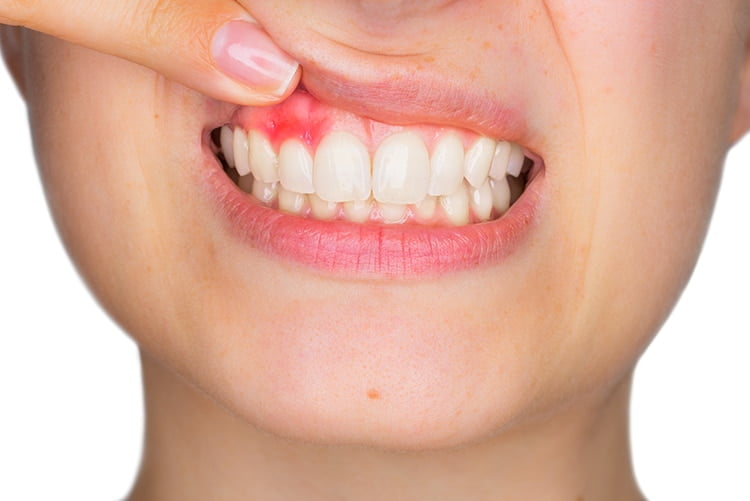If you've just undergone root canal therapy, you may be asking yourself, is it normal to have pain after a nerve filling? The short answer is yes, some degree of pain or discomfort is common following this type of dental procedure. A Nerve Filling with Inflammation Treatment, also known as a root canal filling, involves deep treatment of the inner part of the tooth, and the surrounding tissues often need time to heal. Knowing what type of pain is expected versus when to call your dentist is key to managing recovery.
Common Types of Pain After a Nerve Filling:
Understanding the different sensations you may feel after a nerve filling can help you assess whether your experience is normal:
- Mild soreness: A common symptom that usually subsides within a few days.
- Sensitivity to pressure: The treated tooth may be sensitive when you bite or chew.
- Jaw stiffness: Holding your mouth open during the procedure can lead to temporary soreness.
- Throbbing sensation: Often due to inflammation in the tissues surrounding the tooth.
These symptoms are typically short-lived and improve with over-the-counter pain relief and rest.
Causes of Post-Treatment Discomfort:
Several factors contribute to why it is normal to have pain after a nerve filling, even though the nerve inside the tooth has been removed:
- Inflammation of surrounding tissues: The root tip and bone around it can become irritated during the procedure.
- Instrument sensitivity: Dental tools used to clean the canals may slightly irritate tissues beyond the root.
- Bite misalignment: If the filling is too high, the tooth may absorb too much pressure.
- Healing response: Your body is reacting to the trauma and initiating tissue repair.
Although the tooth itself is no longer alive, the surrounding ligaments and tissues remain very much active.
When Pain Is No Longer Considered Normal?
While discomfort is expected, persistent or intense pain can signal complications. Watch for these signs that may require a dental follow-up:
- Severe pain lasting more than a week: May indicate infection or incomplete treatment.
- Swelling or pus discharge: A possible sign of abscess or reinfection.
- Fever or chills: These systemic symptoms should be taken seriously.
- Pain that worsens instead of improves: Suggests that healing is not progressing as it should.
If you experience any of these symptoms, it’s essential to contact your dentist immediately for an evaluation.
How to Manage Pain After a Nerve Filling?
Most discomfort after a Nerve Filling with Inflammation Treatment can be effectively managed at home with proper care and attention:
- Take pain relievers: Over-the-counter medications like ibuprofen help control inflammation.
- Use cold compresses: Apply ice on the outside of your face near the treated area to reduce swelling.
- Avoid hard or chewy foods: Stick to soft foods to avoid aggravating the area.
- Rest your jaw: Give your mouth a break from excessive talking or chewing.
- Follow your dentist’s instructions: Post-procedure care is crucial for recovery.
Proper self-care during the healing process not only reduces pain but also helps prevent complications.
Tips for a Smooth Recovery and When to Follow Up:
Knowing it is normal to have pain after a nerve filling can ease anxiety, but there are ways to support faster healing and minimize discomfort:
- Keep the area clean: Continue brushing and flossing gently to avoid infection.
- Don’t skip follow-up visits: Your dentist may need to adjust the bite or evaluate healing.
- Avoid smoking or alcohol: These can delay healing and irritate the tissues.
- Use a mouthguard if needed: Especially if you grind your teeth at night.
- Communicate any concerns: Don’t hesitate to report symptoms that feel unusual or persist too long.
By taking a proactive approach, you can ensure your root canal treatment results in lasting relief and a healthier smile.
In summary, is it normal to have pain after a nerve filling? Yes, some level of discomfort is to be expected as part of the body’s natural healing response. Most symptoms are manageable and temporary, but being aware of warning signs and practicing good aftercare can make all the difference in your recovery. When in doubt, always consult your dentist for peace of mind and proper guidance.





Comments